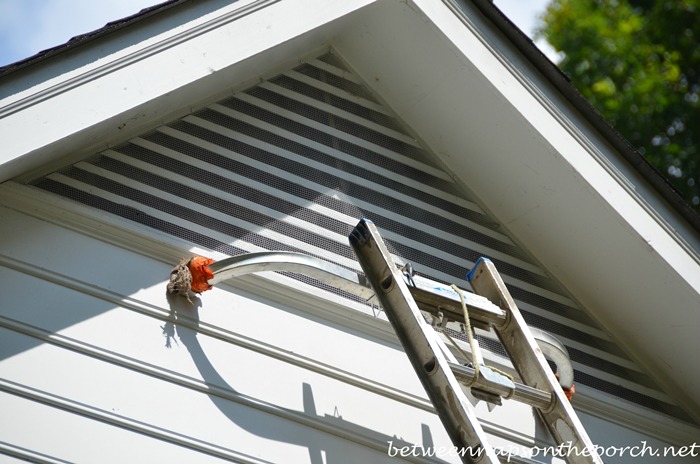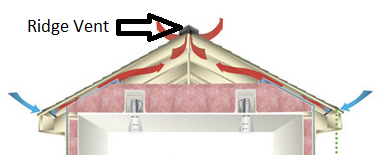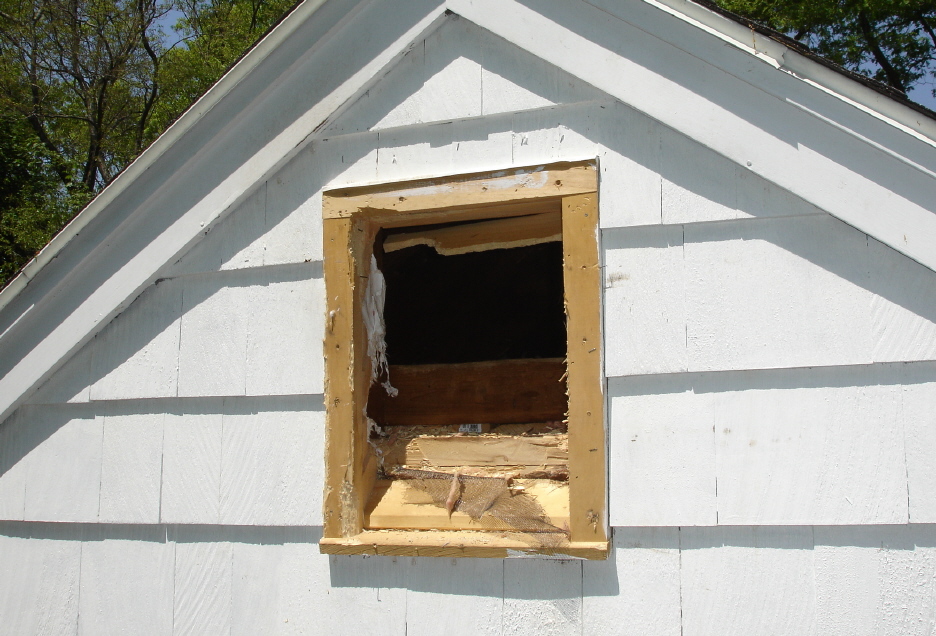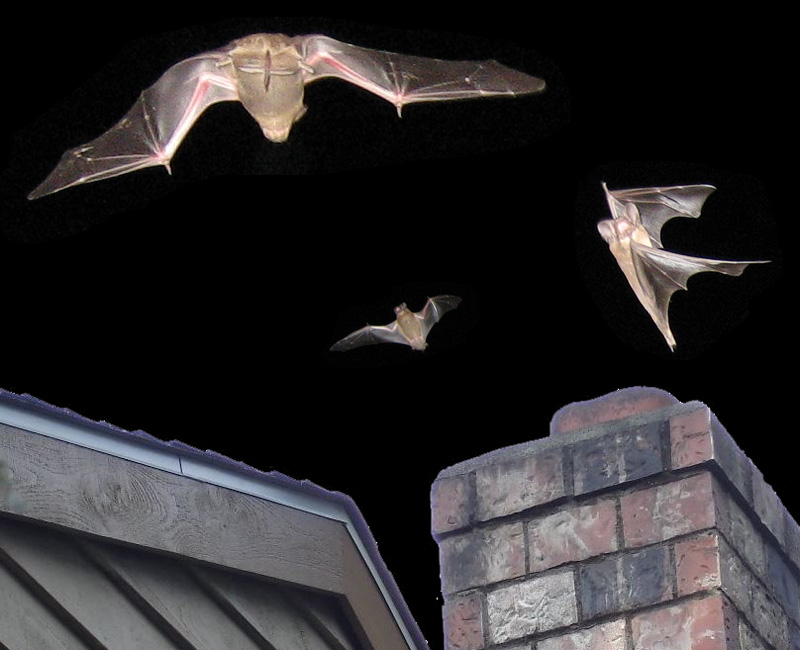Block Bats From Attic Vents

The bats will get stuck and die.
Block bats from attic vents. They are designed to fit on top of any hole which bats have been using as an entryway. If you have bats in your attic they can be noisy smelly and just plain creepy. The device can also become congested with bats causing a proverbial roadblock or clogged drain. Using little gaps that can occur where the ridge vent attaches to the roof or at the ends of the vents these small animals can get right into an attic.
However if you already have a bat a problem in your attic use a variety of methods to drive them out. Leave the funnel installed over the entry point for at least 2 weeks. It can be attached using pushpins staples or duct tape and it s completely reusable. As you can t be sure exactly how they re getting in you need to plug all the possible entrances.
The two most common animal species that enter attics via ridge vents her in the canton akron kent area are bats and flying squirrels. The best defense against bats is to block entry into your attic. Use hardware cloth to to seal off the ridge louver and attic vents as well as the chimney inlets. If you already have a bat problem in your home you ll have to create a one way door through which the bats can exit but not enter.
Another thing to consider is the fact that if you seal the exits you might potentially trap baby bats inside. If you block up the attic vent then bats can t get into your attic itself. The exterior screening is mainly to discourage another bat from roosting up under the gable on the outside. Personally i like bats.
One way exclusion devices specifically made for bats are available in stores. When there is no doubt the bats are gone you can remove the funnel and seal the entry with wire and or sealant. As mentioned all the gable vents have screening on the inside so it s unlikely anything would try to get into the attic anyway. Russ cuts a piece of hardware cloth roughly the size of the circular vent allowing for a hole at the bottom to accommodate an excluder.
The bat cone excluder is a great option. The rule of thumb is to seal up all passages that exceed an inch which means that once out the bat can t come back in. It s 6 inches long and has four flexible tabs at one end to attach the excluder over the bats entry exit point. You should start with using an exclusion device covered in this guide and a combo of bright floodlights essential oils sound generators and possibly some hanging ornaments foil or mirrors.
The crew found bats living up inside the louvers of an attic vent. Once your attic or home has become undesirable to bats it s time to exclude them from your property. Sealing off the attic may work if you can pinpoint the exact place s the bats are coming and going but if you don t do it right the tenacious creatures will weasel their way back in or find a new point of entry.














































